The 1031 exchange, named after Section 1031 of the Internal Revenue Code, offers real estate investors a valuable opportunity to defer capital gains tax by exchanging one investment property for another of like-kind. While the advantages, such as tax deferment and potential portfolio growth, are substantial, it’s crucial for investors to also understand the potential downsides and risks. Let’s dive into these considerations.
- Strict Timeline Restrictions – 45-Day Identification Window: After selling the relinquished property, investors have a mere 45 days to identify potential replacement properties. This tight window can sometimes lead to hasty decisions, especially in competitive markets. 180-Day Exchange Period: From the sale date of the original property, investors have 180 days to close on the replacement property. Delays, such as those caused by financing or inspection issues, can jeopardize the exchange.
- Complexity and Need for Expertise- 1031 exchanges are complex transactions that require meticulous attention to detail and a thorough understanding of the regulations. Missteps, even unintentional ones, can invalidate the exchange, leading to unexpected tax liabilities.
- Potential Overpayment for Replacement Property- In the rush to meet the 45-day identification window, some investors might feel pressured to overpay for a replacement property, particularly if they’re competing in a seller’s market.
- Deferral, Not Elimination, of Tax- While a 1031 exchange allows investors to defer capital gains tax, it doesn’t eliminate it. If the replacement property is eventually sold (and not exchanged again), the deferred taxes will come due.
- Lack of Liquidity- Exchanging properties continually can tie up funds in real estate, making it hard for an investor to access liquid capital if required. While real estate can be a profitable investment, it’s not as liquid as some other assets.
- Market Risks- Like all real estate transactions, 1031 exchanges are not immune to market downturns. If the value of the replacement property drops significantly, it can negatively impact an investor’s portfolio.
Conclusion: Proceed with Caution and Expertise
While 1031 exchanges offer numerous benefits, they are not without their challenges. Investors must weigh the pros and cons and understand the nuances of the process.
Navigating a 1031 exchange without expert guidance can be treacherous. At WealthBuilder1031.com, our team of qualified intermediaries is committed to ensuring that your exchange process is seamless, compliant, and advantageous.
Considering a 1031 Exchange?
Don’t venture into it alone. Reach out to the experts at WealthBuilder.com or call us at 888-508-1901. We’re here to guide, advise, and ensure that your real estate investments thrive.

Real Estate Agents and 1031 Exchanges: A Crucial Partnership

Yes, You Can Finance Your 1031 Exchange Property – Here’s How



